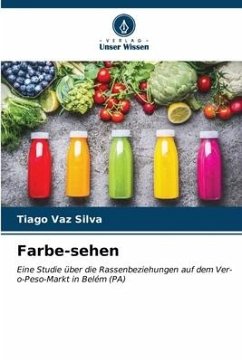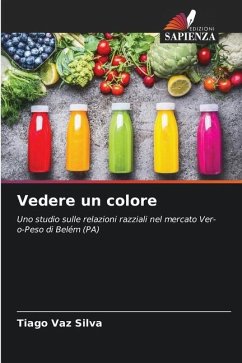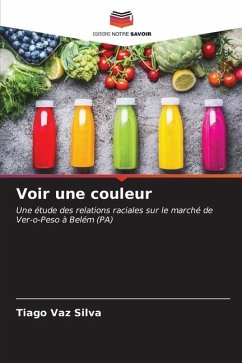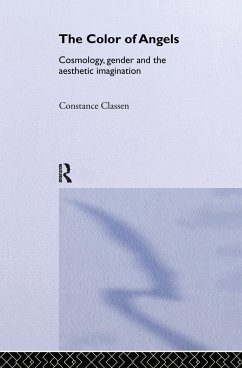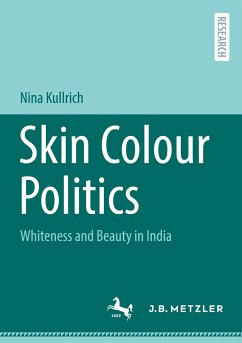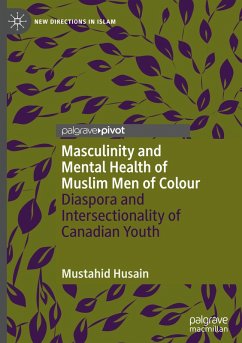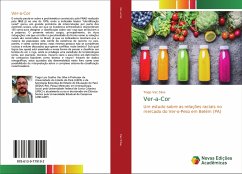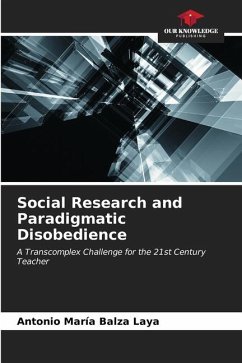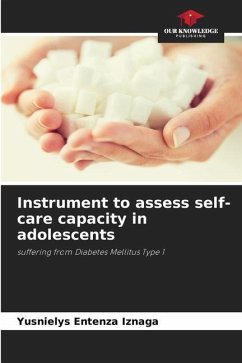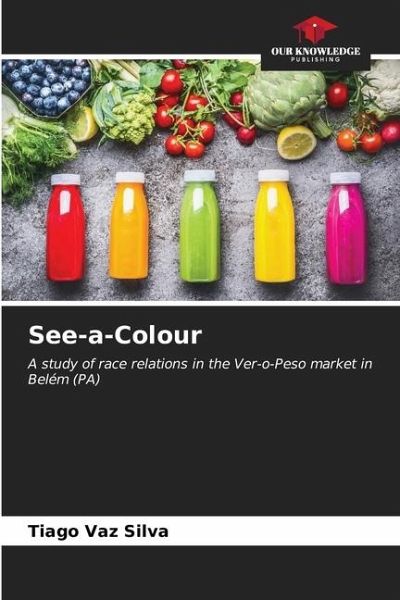
See-a-Colour
Versandkostenfrei!
Versandfertig in 6-10 Tagen
27,99 €
inkl. MwSt.

PAYBACK Punkte
14 °P sammeln!
The study is based on the problem identified by the PNAD carried out by the IBGE in 1976, where the basic indicator "racial identification" generated a major problem of interpretation on the part of social scientists, since the Brazilians interviewed answered 135 colours to designate the colour/race classification they attributed to themselves. This study arose mainly from two questions: what constitutes the peculiarity of the way race relations are constructed in Brazil, since the indicators show that the majority of the population is aware of the existence of racism in the country, but, as a...
The study is based on the problem identified by the PNAD carried out by the IBGE in 1976, where the basic indicator "racial identification" generated a major problem of interpretation on the part of social scientists, since the Brazilians interviewed answered 135 colours to designate the colour/race classification they attributed to themselves. This study arose mainly from two questions: what constitutes the peculiarity of the way race relations are constructed in Brazil, since the indicators show that the majority of the population is aware of the existence of racism in the country, but, as a counter-sense, these same people do not consider themselves racist and avoid discussions that generate conflicts in this area? Under what logic (or logics) is our way of thinking and classifying in terms of colour and race based, where a variety of terminologies are favoured, such as moreno, moreno claro and escurinho, to the detriment of bipolar categories like white and black? Through ethnographic data, these questions are developed in this book as a possible interpretation of Brazil's complex racial classification system.



